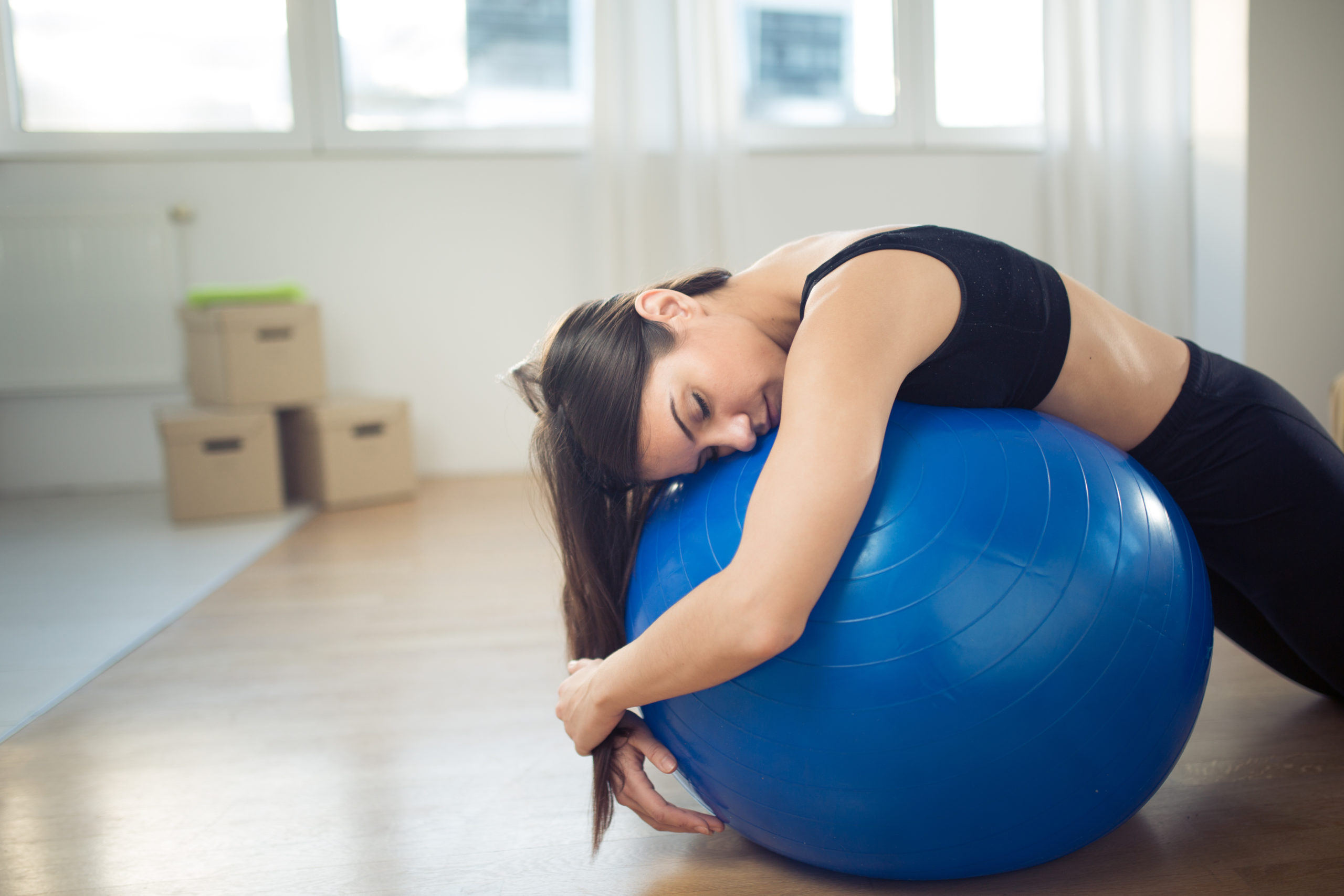Does being in a good mood equal a good workout? And should we beat the hell out of a punch bag when we’re angry? We ask sports psychologist Dr Josephine Perry to explain how your mood impacts your workout…
How your mood impacts your workout
How can the mindset you bring to the workout affect it?
The mindset we take with us to our workout can have a big impact. Ideally, we want to have a challenge mindset. Knowing it might be hard but being really up for it and excited for what we can get done and how good we will feel afterwards. Then we will attack the efforts and feel like we are improving.
To get this mindset we need to have the right level of activation
If we are not amped up enough then music is a brilliant way to increase it. Having a threat mindset (only doing the workout because we know we have to either to get healthier, to tick a box or to make up for not eating the way we would like) means we do it half-heartedly and probably without enjoying it. It will feel more like punishment. The more we can focus on the stuff about the workout we love and the positive reasons about why we want to do it the more of that great challenge mindset we can have, making us feel happier and doing a better workout.

Is it true that the better the mood, the better the workout?
I think this will all depend on us as individuals. Some people if they approach a workout in a good mood will interpret the tough bits in a good way by reframing any negative thoughts in their head really effectively. If they turn up to work out already feeling beaten down or in a negative place then the reframing will be much harder.

How your mood impacts your workout
Should you match your workout to your mood?
Most of the time it shouldn’t matter. But, if you know there are a couple of workouts that always boost your mood then those are good to have front of mind to use on days when your mood isn’t great and you are not feeling up for it. A better route is to match your workout to is your circadian rhythm. It impacts our abilities meaning we do best when we aim to learn new skills or techniques in the morning and do endurance or fitness work in the evening. If we match our workout content to this we will feel happier and like we have achieved more.
How will the following moods affect your workout:
Angry
When you are angry your heart will be racing, you’ll have adrenaline and cortisol flooding your body and you will be pumped up for action. Better than taking it out on a person is doing some exercise to release the pent up energy and slowly lower your activation level. When angry we tend to narrow our focus, so here I might suggest you make the most of that and pick a workout that requires some concentration and lots of movement.
Lazy
When you are feeling lazy you need to really know what gets you going: is it exercising with others, having something booked in you’ll feel guilty about missing or just promising yourself to just do the first ten minutes (and know barring illness you always carry on).

Sad
When we are feeling sad there are two ways to go: either something where we get into the flow to take our mind off what is upsetting us or something where we purposely having time to reflect and notice the thoughts we are having.
Happy
When you are feeling happy you want to keep that feeling up for as long as possible, so this will be the time to get music pumping, focusing on something you might have been procrastinating over like learning a new move or doing extra reps.
Stressed
When we are stressed it is helpful to remember that when we are exercising, even though we are not focused on solving problems, our brain tends to carry on trying to solve them in the background, so doing something that completely takes your mind off your issues – perhaps exercising with others, or doing something which requires loads of concentration, might be good to consider. You’ll get some perspective on what is going on and you might also get your problem solved.
The Psychology of Exercise by Josephine Perry is available on Amazon.
Get your weekly DOSE fix here: SIGN UP FOR OUR NEWSLETTER
















